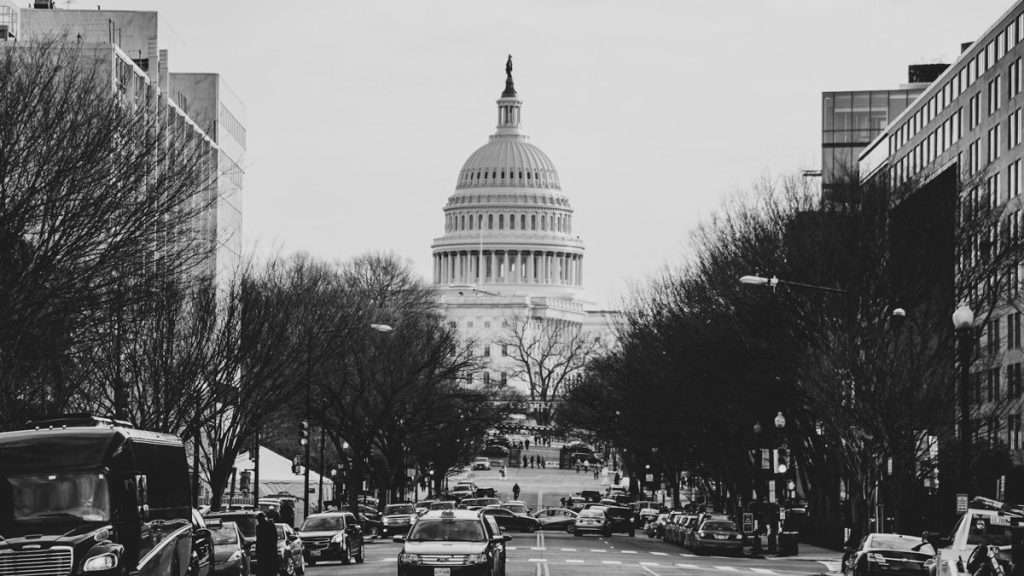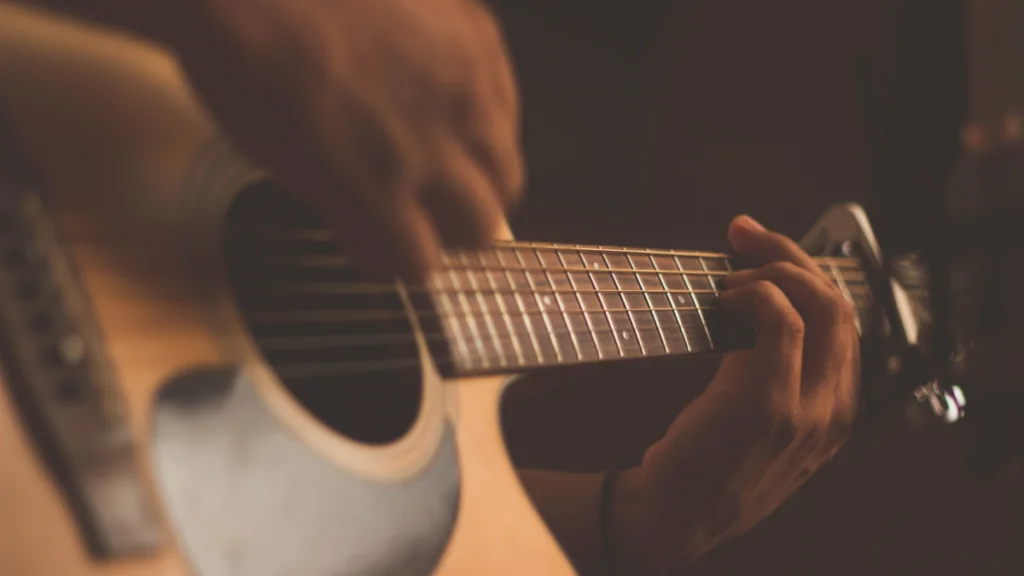Restoring Artistic Protection Act (RAP Act) Reintroduced: A New Push for Artist Rights

Photo Credit: Chris Grafton
Lawmakers have reintroduced the Restoring Artistic Protection Act (RAP Act) in the United States Congress. Representatives Hank Johnson (D-CA) and Sydney Kamlager-Dove (D-CA) are leading the legislative effort, which aims to prevent the use of artists’ lyrics and creative works as evidence against them in court.
The RAP Act proposes federal restrictions on admitting song lyrics, poems, and other creative expressions as evidence in criminal and civil cases. Its intent is to create a nationwide standard ensuring that a defendant’s art is not mistaken for autobiographical confessions or used to unfairly prejudice a jury.
The bill outlines strict requirements for the introduction of such forms of expression, mandating an evidentiary hearing before a judge. This process would require the prosecution to demonstrate that the art in question has a bearing on the facts of the case and cannot be considered without additional corroboration.
Supporters of the RAP Act claim that prosecutors have too often “weaponized lyrics or other creative works in court,” particularly in cases involving hip-hop and rap musicians. The high profile case against Young Thug and the YSL street gang is just one example of this.
“Weaponizing lyrics or other creative works in court is a harmful tactic that stifles artistic expression and undermines the voices of not just musicians, but all who create and shape culture,” says Recording Academy CEO Harvey Mason Jr. “With the reintroduction of the RAP Act, we continue to build momentum for ending this unjust practice. The Recording Academy is grateful to our Congressional partners, Representatives Johnson and Kamlager-Dove, for their leadership on an issue that poses real harm to creators in music and beyond.”
The Recording Academy has pushed for legislative change on the issue for years, supporting similar initiatives in states including California and Louisiana. California’s Assembly Bill 2799 made it the first state in the U.S. to limit the use of rap lyrics and other creative expression as evidence.
The RAP Act failed to pass at the federal level during past congressional sessions. State-level successes in California and Louisiana have added momentum to these renewed efforts. The Recording Academy has highlighted conversations held at events like GRAMMYs on the Hill and Music Advocacy Day, where industry members directly engaged lawmakers.
If passed, the RAP Act would mark a shift in how courts across the United States treat the creative output of artists in legal proceedings. The music industry, advocacy groups, and civil rights organizations are watching closely as the bill progresses, hoping that federal law will soon mirror protections now in place in some states.
Link to the source article – https://www.digitalmusicnews.com/2025/07/24/restoring-artistic-protection-act/
-
Audient Audio Interface iD14 MKII, 2 Class-A Microphone Preamps (High Performance USB Audio Interface, USB-C Connector, Monitor Mix and Monitor Panning Function, 2 Headphone Outputs), Black$289,99 Buy From Amazon
-
Bugle Cavalry Trumpet Brass Instrument, Military Style Easy to Play Trumpet C Key Brass Trumpet with Mouthpiece, Trumpet Brass Blowing Old Style Copper for Beginners Gift (Gold)$47,15 Buy From Amazon
-
Type C Charger Fast Charging, 2 Pack USB C Android Phone Wall Charger Block & 6ft Charge Cable Cord, for Samsung Galaxy S8 / S9 / S10 Plus Active S10e, S20 / S21 Ultra Plus, Note 8 9 10, Pixel 3 etc$14,99 Buy From Amazon
-
Children Choir Real – Large authentic WAVE/Kontakt Samples/Loops Studio Library$14,99 Buy From Amazon
-
Colaxi Brass Bugles Blowing Bugle,Cheering trumpet Trumpet, with Cloth, Orchestra Cavalry Trumpet,for Professionals, Beginners,Exercise Show Performance$28,39 Buy From Amazon
-
Korg Liano, 88-Key Portable Digital Piano Semi-Weighted Keyboard (L1MSILVER)$329,99 Buy From Amazon












![new-artist-spotlight:-faron-sage-brings-a-new-style-to-rap-and-a-new-world-order-in-new-single,-‘no-alternative’-[video-premiere]](https://www.musiciansterritory.com/wp-content/webp-express/webp-images/doc-root/wp-content/uploads/2023/10/70692-new-artist-spotlight-faron-sage-brings-a-new-style-to-rap-and-a-new-world-order-in-new-single-no-alternative-video-premiere.jpg.webp)
Responses